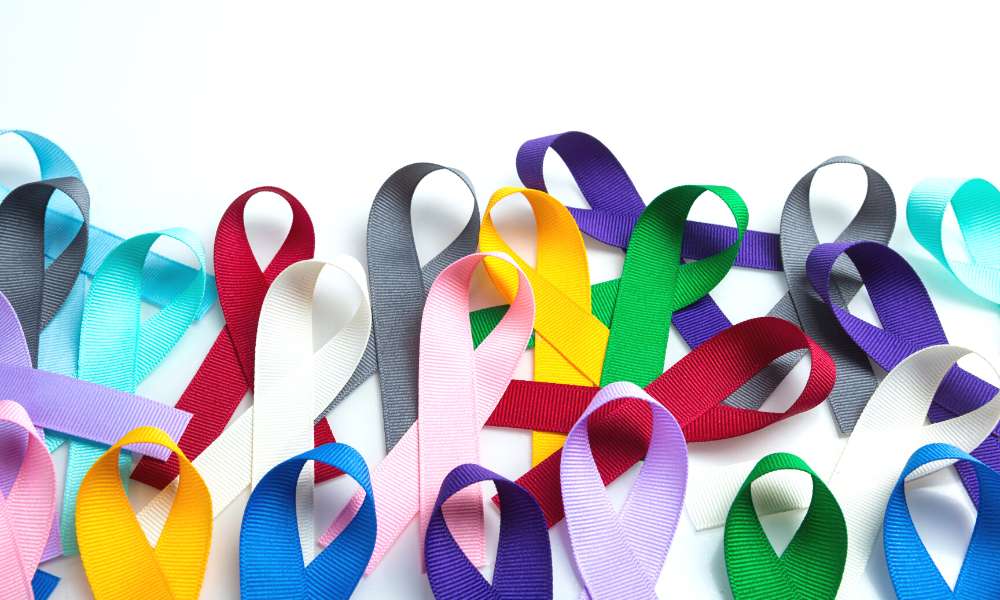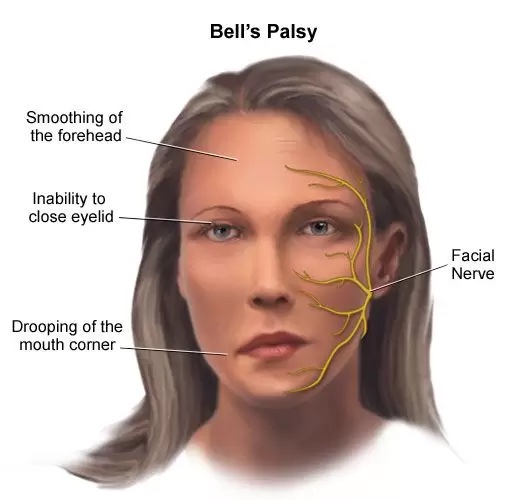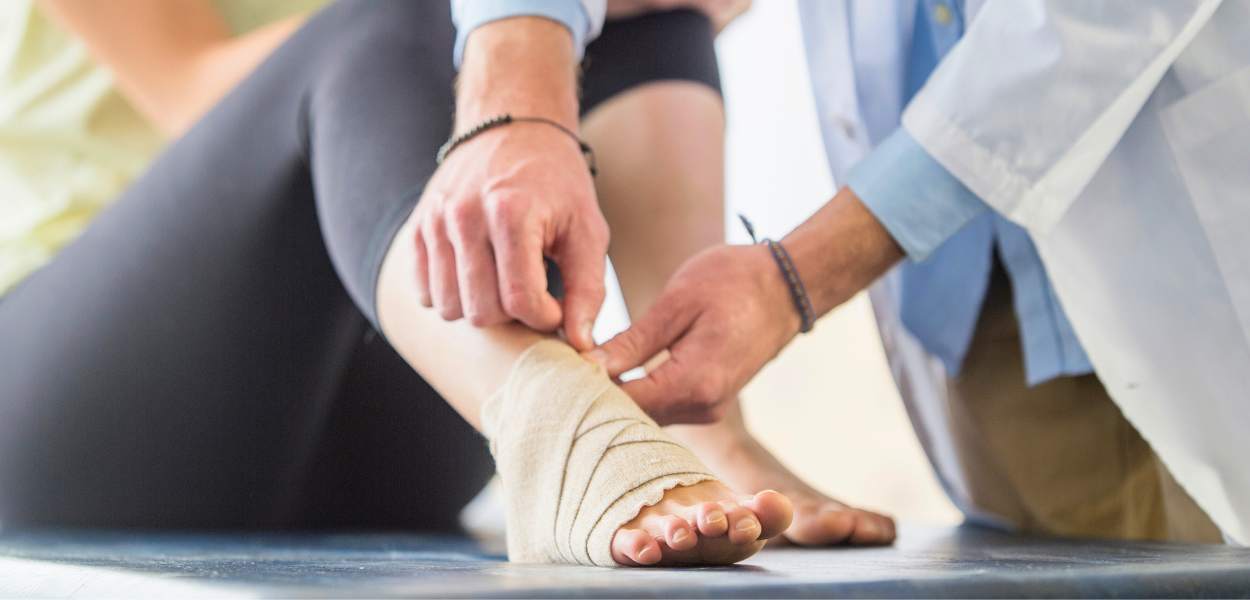Physiotherapy in Cancer Rehabilitation

In recent years, major improvements in cancer diagnosis and treatments such as chemotherapy has led to an increase in the number of cancer survivors.
As physiotherapists we are able to help people affected by cancer with their recovery, playing pivotal roles during and after a person’s cancer treatment. Physiotherapy-led rehabilitation aims to manage the side effects of cancer and its treatments (surgery, radiation and chemotherapy. Managing fatigue, combating deconditioning, managing lymphedema and treating musculoskeletal conditions – these are some of few examples of roles we play for patients.
Common Side Effects of Cancer Treatment
During cancer treatment, patients will experience side effects from it. Common side effects include:
Axillary Web Syndrome
Also known as “cording”, it often develops major scarring under the arm, after breast cancer surgery that involves removing the axillary lymph nodes in the armpits. This leads to pain and tightness in the affected arm
Immobility / Decreased Range of Motion
The neurological system, muscles and bones are vulnerable to the effects of cancer. Issues with limb weakness, gait disturbance, imbalance and other problems affecting normal walking and movement are common in 25%–35% of cancer patients.
Fatigue / Weakness
Fatigue and weakness is common due to the body using its main resources to fight the condition. A lack of movement can lead to muscles reconditioning and in turn reducing your range of movements in your limbs.
Lymphedema
The swelling of a body part (usually the arms or legs), caused by a build up of lymph fluid. Cancer and cancer treatment can cause lymphedema
Musculoskeletal and Nerve Disorders
Oncology treatments are extremely taxing on the body. Patients often develop musculoskeletal conditions as a result. Musculoskeletal and nerve disorders may affect the muscles, nerves, joints, tendons, cartilage and spinal discs. This causes a person to experience stiffness, pain, decreased range of motion and an overall lower quality of life
Osteoporosis
Exposure to chemotherapy and radiation leads to bone loss, and certain chemotherapy drugs reduce calcium levels in the body. These factors increase the risk of osteoporosis and bone fractures. Bone loss particularly common in patients with breast and prostate cancer.
Pain and Swelling
Balance and Postural Issues
Since cancer treatment often leads to scarring and muscle weakness, a person’s upper body posture may be altered. These postural changes lead to poor biomechanics at the joints in the shoulder, causing shoulder conditions such as rotator cuff tendonitis and frozen shoulder.
How Can Physiotherapy Help Cancer Patients?
Studies have shown that increased physical activity/exercise can reduce the risk of the cancer coming back and lowers the mortality rate in cancer patients.
While physiotherapy is not used to address and treat the cancer itself, it is effective in helping patients maintain and improve the physical aspects of their quality of life.
In general, as physiotherapists we support cancer patients in:
– managing their pains and discomfort arising from cancer and cancer treatment
– regain and maintain their strength and mobility
– finding the best ways for them to be active
What Happens in a Physiotherapy Session?
When cancer patients see our physiotherapists, they will assess the problems and devise a treatment and care plan. Our physiotherapists will ask about the current symptoms, medical history and how the cancer is affecting their daily activities.
We then perform a comprehensive assessment and diagnose exactly the issues they are facing and develop a treatment and rehabilitation programme that is customised according to the patient’s situation.
The programme may include a combination of physical therapy techniques, and specifically designed exercises, stretches for the patient to do at home.
At Prohealth Sports And Spinal, our physiotherapists provide a range of physical therapy treatments (such as manual therapy, soft tissue massage, exercise-based rehabilitation, shockwave therapy etc.) to help manage the patient’s pain and discomfort. The actual physiotherapy treatment depends on the individual’s needs.
From there, our physios will supplement the rehabilitation programme by prescribing and advising patients on specific exercises and activities to help them adapt to their situation optimally.
Need Help With Your Rehabilitation?
Our team of physiotherapists are professional and experienced in working with clients who have gone through cancer treatment. At Prohealth Sports And Spinal, we always strive to give the highest standard of physical therapy and care to help our clients achieve the best possible outcomes.
If you or someone in your life is living with cancer/going through oncology treatments and are dealing with discomfort and pain, physical therapy can certainly help to manage and treat them. With physiotherapy, we have been able to help clients with cancer rehabilitation and improve their quality of life
Please contact our clinics today to schedule an appointment with our physiotherapists.
For more information, contact us at +852 2530 0073, or email appt@sportsandspinal.hk.





